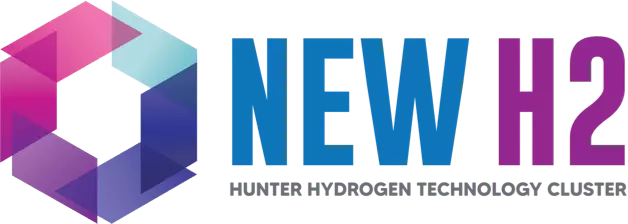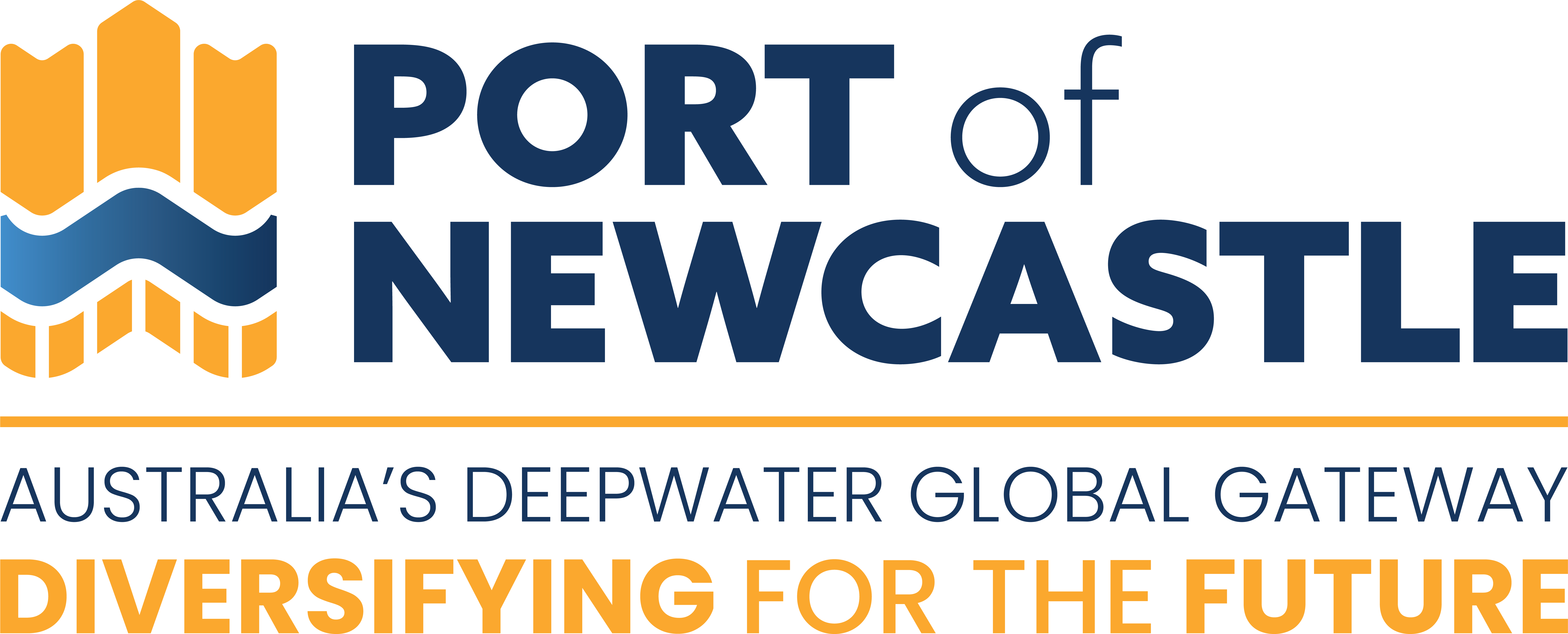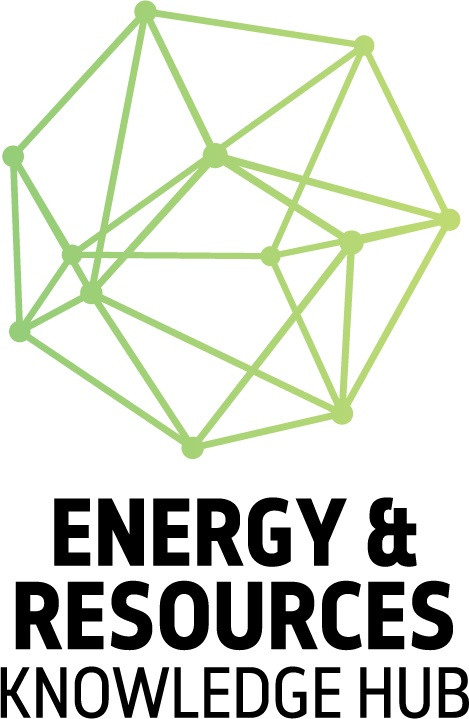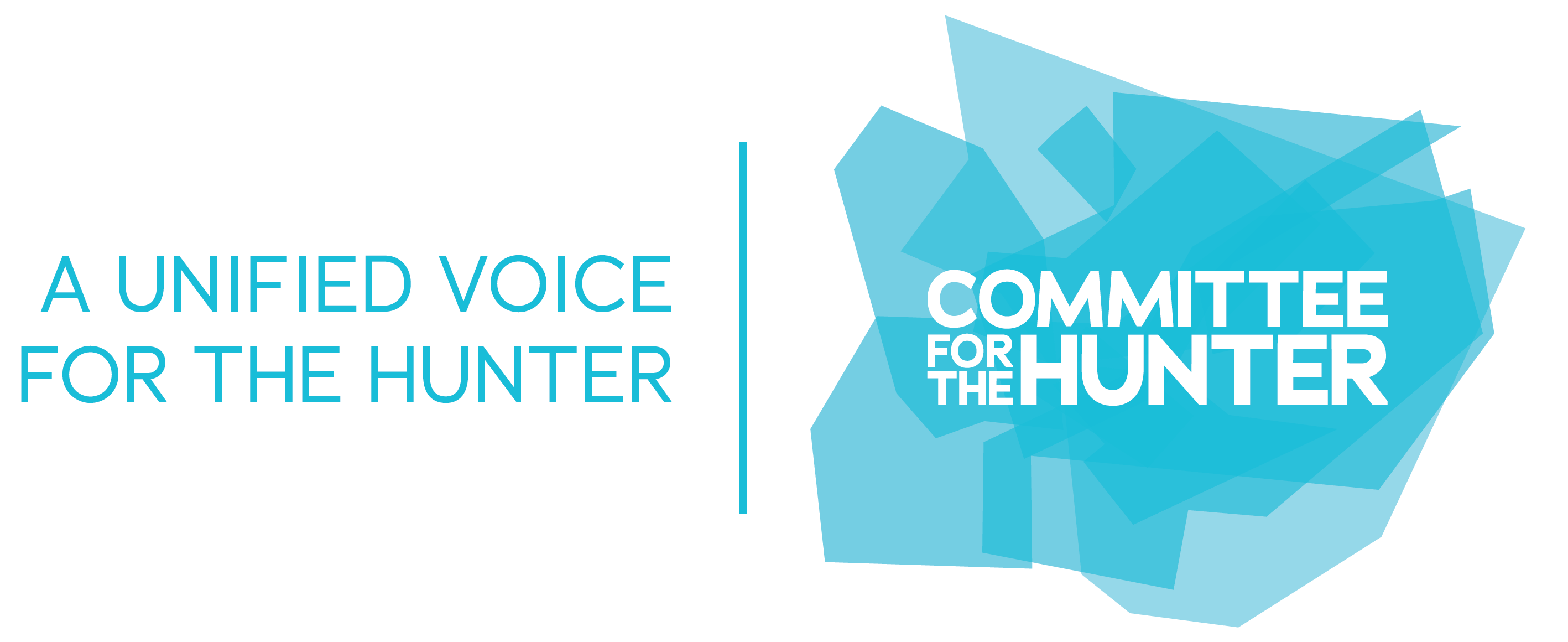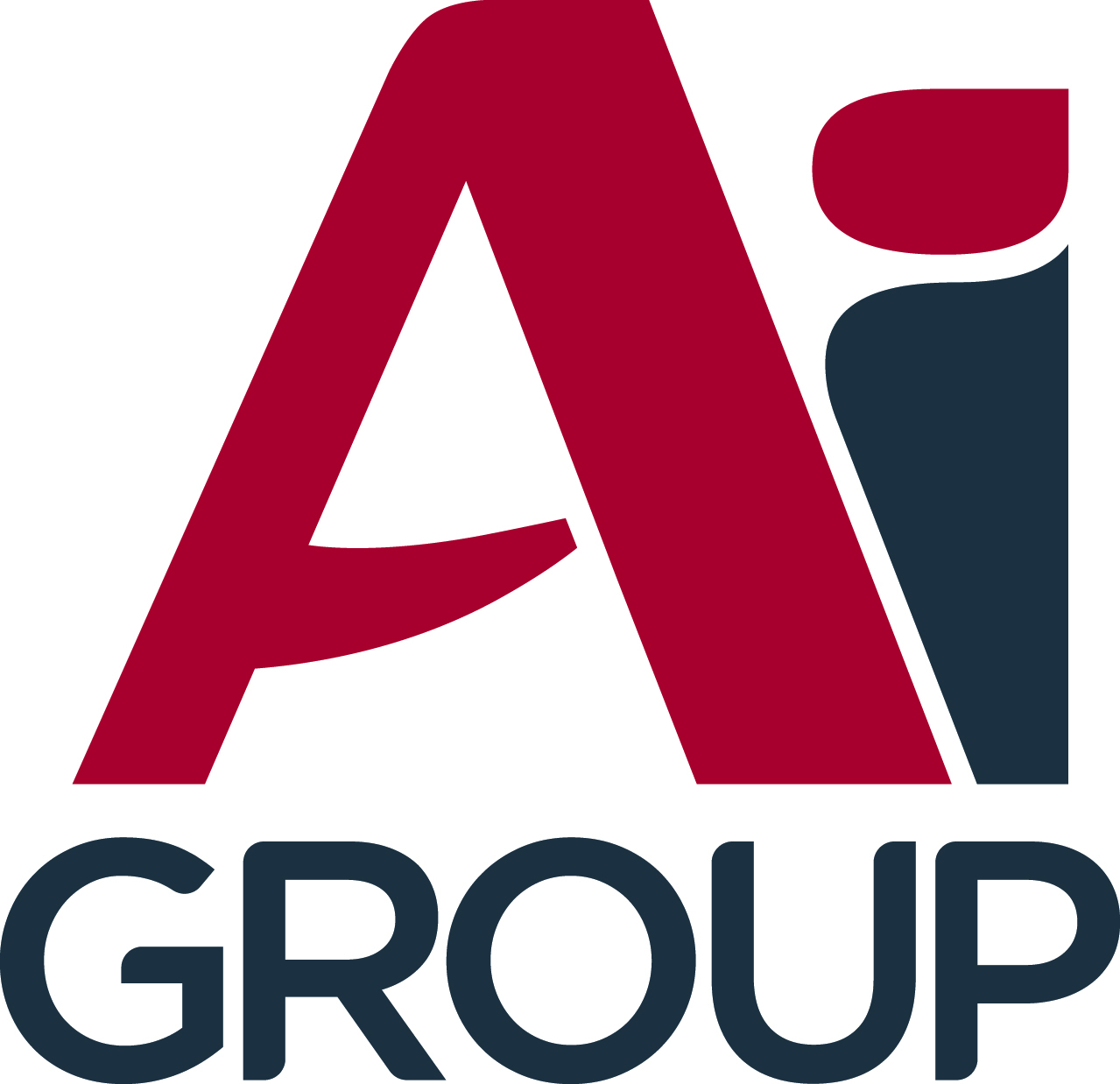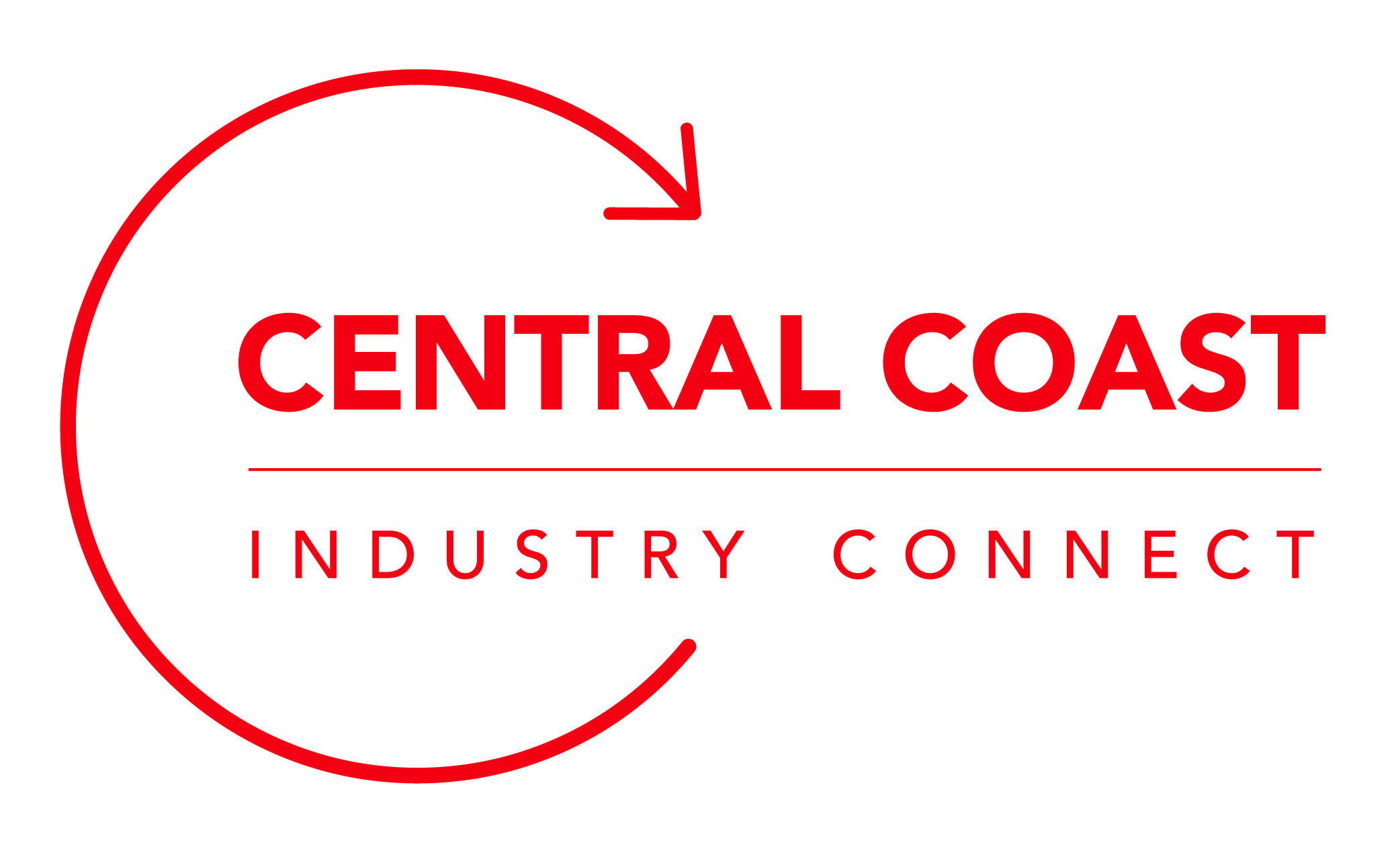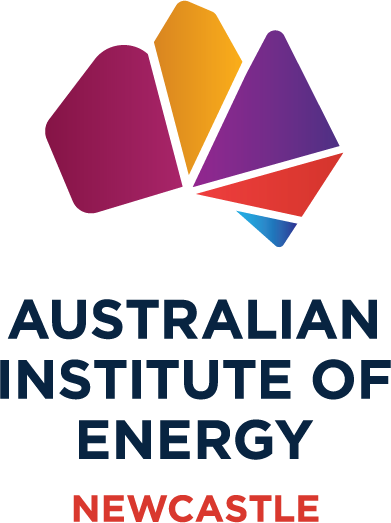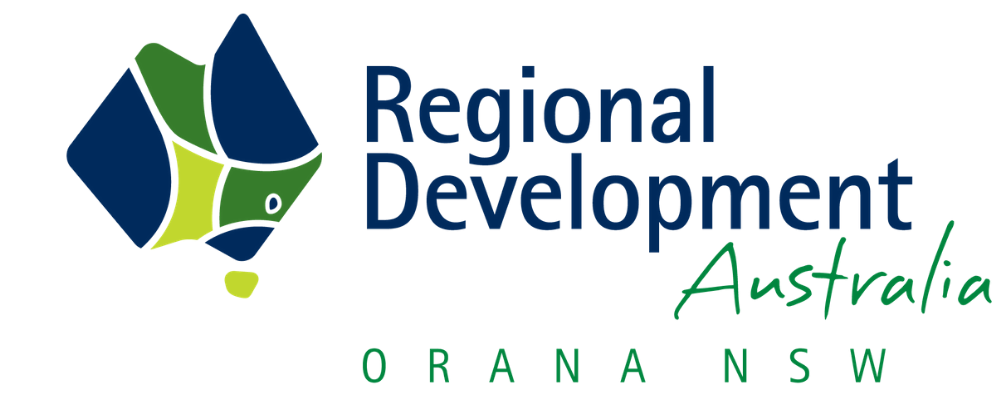AEMO maps out ‘hydrogen superpower’ scenario to support projected hydrogen export economy
Five future energy scenarios, ranging from ‘slow change’ to ‘hydrogen superpower’ will inform AEMO’s 2022 Integrated System Plan (ISP)

The Australian Energy Market Operator (AEMO) was established by the Council of Australian Governments (COAG) to manage the National Electricity Market (NEM) and Australian gas markets.
AEMO consults on and publishes its scenarios, inputs, assumptions and methodologies to deliver a range of planning and forecasting publications. This work informs decisions by investors and policy makers to ensure Australia's energy supply remains reliable and affordable.
Last week, AEMO published its 2021 Inputs, Assumptions and Scenarios Report (IASR) that will inform their 2022 Integrated System Plan (ISP). T
The 2021 IASR was developed over 10 months of deep collaboration with a broad range of industry participants, governments and consumer representatives. It contains five core scenarios that capture the broad range of plausible futures of the National Electricity Market (NEM) in the coming decades.
Compared to the 2020 ISP scenarios, these five scenarios have been refined with respect to the economic and technological change expected over the coming decades. Specifically, the pace of economy-wide decarbonisation, the ongoing consumer investment in distributed energy resources, and the growth of transport and industry electrification.
The five scenarios are Slow Change, Steady Progress, Net Zero 2050, Step Change, and Hydrogen Superpower. AEMO will use these inputs in its future work to identify system improvements in the long-term interests of consumers.
“There is no doubt the energy transition is forging ahead. We have tried to capture this through a range of scenarios characterised by the growth of electricity demand and the pace of decarbonisation,” AEMO’s Chief System Design Officer, Alex Wonhas said.
“This has led to the introduction of two central scenarios. One is the ‘steady progress’ scenario with decarbonisation led by existing government policy, corporate abatement goals and continued growth in PV uptake. The other, ‘net zero’, is driven by accelerating technology-led emission abatement based on extensive research and development, policy and progressive tightening of emission targets to meet an economy-wide net zero target by 2050.
“We have also mapped out a progressive ‘hydrogen superpower’ scenario based on a power system to support the development of a renewable hydrogen export economy,” he said.
The IASR aims to help investors and policy makers decide on prudent investments in generation, transmission and storage, which can minimise the cost of developing, operating and consuming energy.
The 1,000 plus pages of material that make up the 2021 Inputs, Assumptions and Scenarios Report (IASR) can be accessed here.
